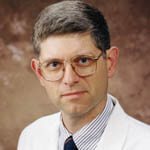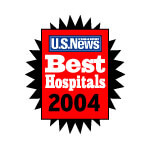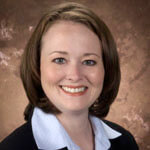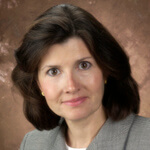
San Antonio (July 6, 2004) – The University of Texas Health Science Center at San Antonio’s SABOR prostate cancer research program moved south of the border recently to enroll 655 men in Monterrey, Mexico. SABOR is short for San Antonio Center of Biomarkers of Risk for Prostate Cancer.
The SABOR staff interviewed the men about their medical histories and drew blood samples June 26-27. The Health Science Center partnered with the University of Nuevo Leon Medical School, which has a large genetics research group. One Mexican physician said he thought this was the first prostate cancer screening clinic ever held in Mexico. The screening was offered at four sites in Monterrey and a urologist was present at each site.
“We are answering the call to our neighbors to the South,” said Betsy Higgins, SABOR project coordinator in the Health Science Center department of surgery.
SABOR, funded by the National Cancer Institute, is a long-term study that seeks to identify genetic, dietary and other factors that confer higher risk of prostate cancer in minority and Caucasian men. SABOR is based at the Health Science Center.
Ian Thompson, M.D., is principal investigator on the SABOR project and chief of urology at the Health Science Center. SABOR has enrolled 3,000 men from San Antonio and South Texas and has one of the highest percentages of minority representation (on the order of 51 percent Hispanic and black) of any clinical research trial of its type.
The samples were brought to San Antonio in ice chests in the cargo hold of an American Airlines jet, and the airline “was kind enough to waive the excess baggage fee,” Higgins said.
San Antonio men interested in SABOR may call (210) 567-0214. Men from surrounding counties may call toll-free 1-800-335-4594.





